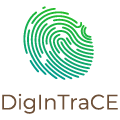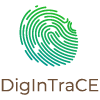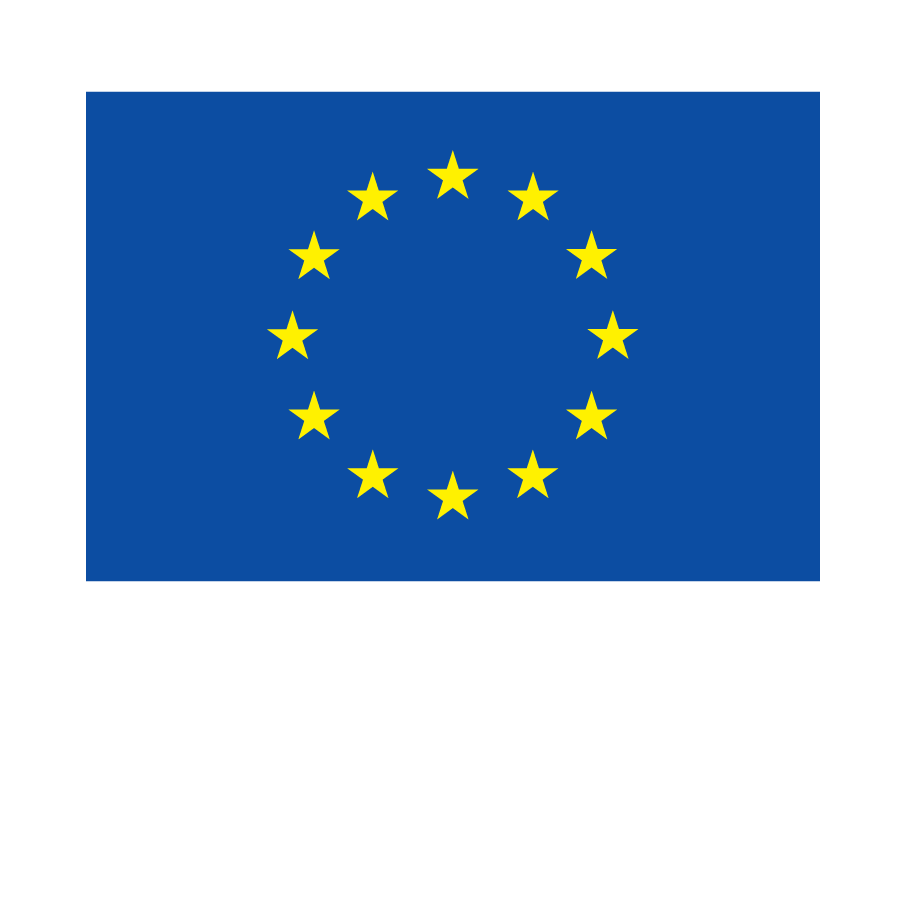The DigInTraCE project is making significant progress in developing solutions to optimising the use of secondary raw material, with a view to reducing waste through the development of new concepts for material tracing by also enhancing data exchange along the entire supply chain, thanks to the development of a dynamic Digital Product Passport (DPP). This ambitious project aligns with the EU’s Green Deal and Plastics Strategy objectives, demonstrating closed-loop supply chain solutions through recycling, reuse, and material upgrades via optimised chemical processes. With demonstration activities taking place across Greece, Spain, Belgium, and Italy, DigInTraCE aims to address various bottlenecks in the recycling process, such as sorting inefficiencies and contamination issues.
The Belgian Demonstrator considers two main waste streams within the project: end-of-life polyester textiles and polyester packaging materials, such as bottles and trays. These materials, typically regarded as waste, are given a new lease on life through innovative recycling processes. The project identifies two types of recycled polyester qualities essential for textile applications: normal PET (standard quality) and high tenacity (HT) PET.
The Role of Waste Free Oceans
A pivotal contributor to the DigInTraCE mission has been Waste Free Oceans (WFO), a partner NGO of EuPC (European Plastics Converters Association), known for its dedication to reducing plastic waste’s environmental impact. In the context of the DigInTraCE Project, WFO collaborated with Centexbel, the lead organisation for the Belgian pilot.
Waste Free Oceans provided recycled rPET entirely originating from post-consumer recycled (PCR) granules sourced from riverside collections in the Danube region. These granules, processed in an EFSA-approved rPET recycling facility supplied the necessary materials to allow the progress of the work within the Belgian demonstrator, simultaneously addressing the critical issue of plastic pollution in the oceans and riversides globally.
Achieving Dual Objectives: Innovation and Environmental Clean-Up
Waste Free Oceans’ involvement highlights a unique dual benefit of the DigInTraCE project. By sourcing PET materials from riverside collections, the project simultaneously contributed to the best employment of waste originating from local environmental clean-up efforts while pursuing the project’s goal of achieving waste reduction levels as a result of increased use of secondary raw materials. This initiative demonstrates how targeted recycling efforts can have broader environmental and societal impacts, fostering cleaner local areas and promoting sustainable industrial practices. Additionally, it highlights the importance of community engagement in environmental sustainability, proving that local actions can significantly contribute to global waste reduction efforts.
The project, through its strategic partnerships, showcases a promising pathway for transforming waste into valuable resources. By addressing the challenges of sorting and contamination and leveraging the expertise of organisations like Waste Free Oceans, the project sets a model for sustainable practices that can be replicated across different regions and industries.
With the support of Waste Free Oceans and other partners, DigInTraCE is paving the way for a more sustainable future, where waste is not merely discarded but transformed into valuable resources, contributing to cleaner environments and more efficient supply chains. The collaborative effort not only enhances the effectiveness of the DigInTraCE’s mission but also promotes a circular economy, where materials are continuously reused, thereby reducing the need for virgin resources and minimizing environmental impact.
This blog post was created by Federica Gallicchio, EuPC.
Federica Gallicchio covers the role of Division Manager at EuPC. Her primary expertise revolves around advocacy and regulatory affairs, supported by her strong legal academic background. She is involved in 7 EU-funded projects, where she provides support in various tasks ranging from legal assessments to communication. She also worked as an assistant to a Member of the European Parliament, where she built the backbone of her EU policy expertise.


